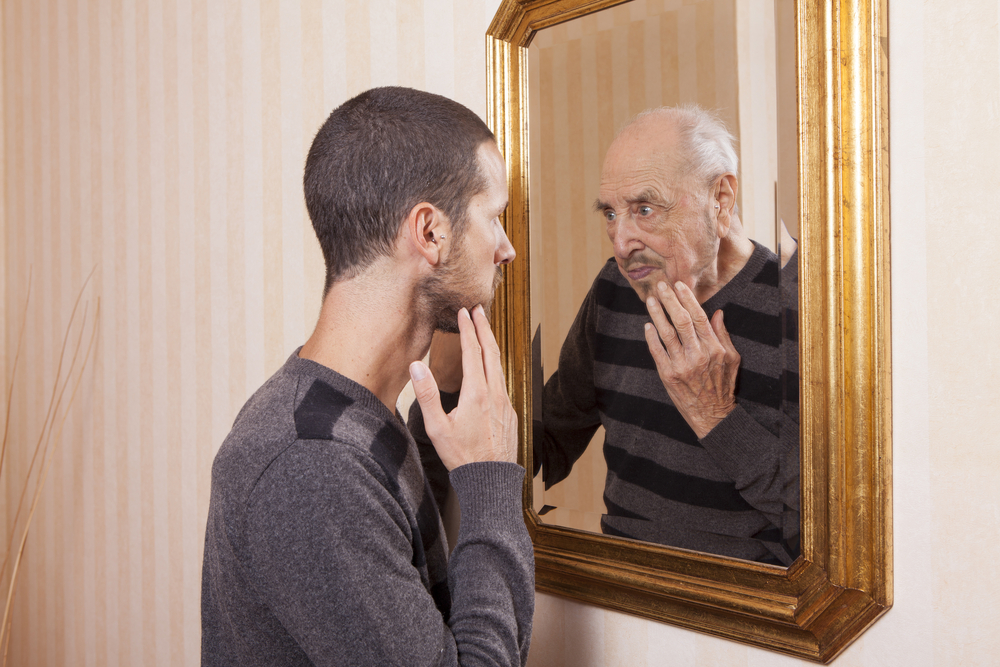Understanding Age-Related Insomnia: How Aging Affects Sleep Quality and Solutions to Overcome It
The golden years can lose their luster if we can’t get enough rest to function well and enjoy them. And since proper rest is necessary for maintaining our overall health and well-being, losing sleep is a serious problem as we age.
As we grow older, our bodies and lifestyles evolve and change. We must modify our daily routines in response to life’s ever-changing and increasing demands. Retirement brings about some massive shifts in our daily routines and social interactions.
Time takes its toll on our health, and many of the typical conditions resulting from age can be detrimental to achieving adequate rest. We also often find ourselves taking increasing medications that can affect our sleep.
This natural progression and the necessary changes can contribute to poor sleep and sleep issues like insomnia.
Sleep Patterns and Aging: Navigating Changes for Improved Rest as You Get Older
The circadian rhythm, our internal clock, changes as we age and can alter our sleep/wake cycle. Studies indicate that the typical adult will begin losing about 27 minutes of sleep each night starting in middle age, resulting in the loss of between 5 and 7 hours until reaching the approximate age of 60.
We often develop new health concerns, like diabetes or heart disease, as we age that can have a significant impact on our ability to get sufficient restorative rest.
Older people enjoy less REM and slow-wave NREM than younger individuals, making them vulnerable to nightly awakenings and negatively impacting how they feel and perform the next day.
Rooting Out the Cause
For older adults and the elderly, determining the root causes of their sleep issues is essential for proper treatment. Some insomnia cases are just that; primary insomnia symptoms are independent of other health issues.
On the other hand, secondary insomnia arises from an underlying health or psychiatric issue. In these cases, addressing this underlying condition will often eliminate the issue of insomnia.
So, it is essential to determine their insomnia trigger for seniors to receive proper and adequate treatment. And while the sleep issues we speak of relate to aging, other causes of insomnia exist.
- Lifestyle Choices like Napping
- Poor Sleep Hygiene
- Mental Illness like Depression
- Evening Caffeine and Alcohol Consumption
- Smoking
Stress and anxiety are significant and frequent causes of insomnia in individuals of any age. Other sleep disorders like restless leg syndrome and sleep apnea are common in older populations.
Treating Insomnia in Seniors
Treating insomnia in older people is the same as for anyone. First, you must identify the causes and then make the necessary changes to your mindset, sleep environment, habits, and routines.
Falling asleep more quickly by establishing a consistent bedtime and wake time can be a significant help in the struggle. Keeping your bed and bedroom a place only for sleep or sex is crucial to achieving adequate rest.
And you should only go to bed when you are sleepy and get up if you cannot fall asleep after about 20 minutes. Getting out of bed during these times will help prevent sleeplessness and arousal from attaching to your sleep environment. This technique is called stimulus control and it’s very effective when implemented correctly.
Put away the screens before bed as the blue light they emanate can cause hyper-arousal and keep you from sleeping. Avoid caffeine and alcohol after dinner and refrain from eating before retiring for the day.
Turning down the lights in the evening helps prepare your brain for sleep. Making time for meditation and reflecting on the day, or whatever relieves the built-up pressure and stress, is vital in battling insomnia.
Talking to your doctor about your sleep concerns, medications, and health issues is essential for making correct and informed decisions about how you go forward in your fight against insomnia.
Insomnia can feel like an insidious foe and a confounding challenge regardless of your age. For the elderly and older individuals, adequate rest is more important than ever because of the numerous and significant health concerns that come with age.
Determining the cause and whether your insomnia is secondary to another health issue is necessary for receiving the proper treatment.
Fortunately, treating insomnia in the elderly and older individuals is no different than for anyone else. Good sleep hygiene practices and maintaining appropriate habits and consistent routines all aid in eliminating insomnia and achieving sufficient sleep.
If you’ve tried all the above already and are still struggling with sleep then most likely you are caught in what we refer to as the “sleep paradox” which is the harder you try to sleep, the worse you sleep. This is a common underlying psychological pattern that can keep those trying to improve their sleep stuck. The good news is there is a solution to breaking free from this pattern.
Support –effective science-based support like we provide at Sleep Science Academy can be the difference between success and more sleepless nights.
Our multi-faceted program of Dynamic Sleep Recalibration (DSR) is a successful, science-based plan for eliminating insomnia naturally and permanently.
Each client works with their personal certified holistic health/sleep coach who employs various techniques and methods like Cognitive Behavioral Therapy for Insomnia (CBT-I), Mindfulness, and other proven and effective strategies to create a personal plan that fits their situation and needs.
Let us help you sleep!
Contact us today and schedule your complimentary sleep consultation to learn more about The Sleep Science Academy Difference.
With our 100% money-back guarantee of leaving insomnia in the past and enjoying the restorative sleep you need and deserve, you have nothing to lose but those sleepless nights and brain fog mornings.

